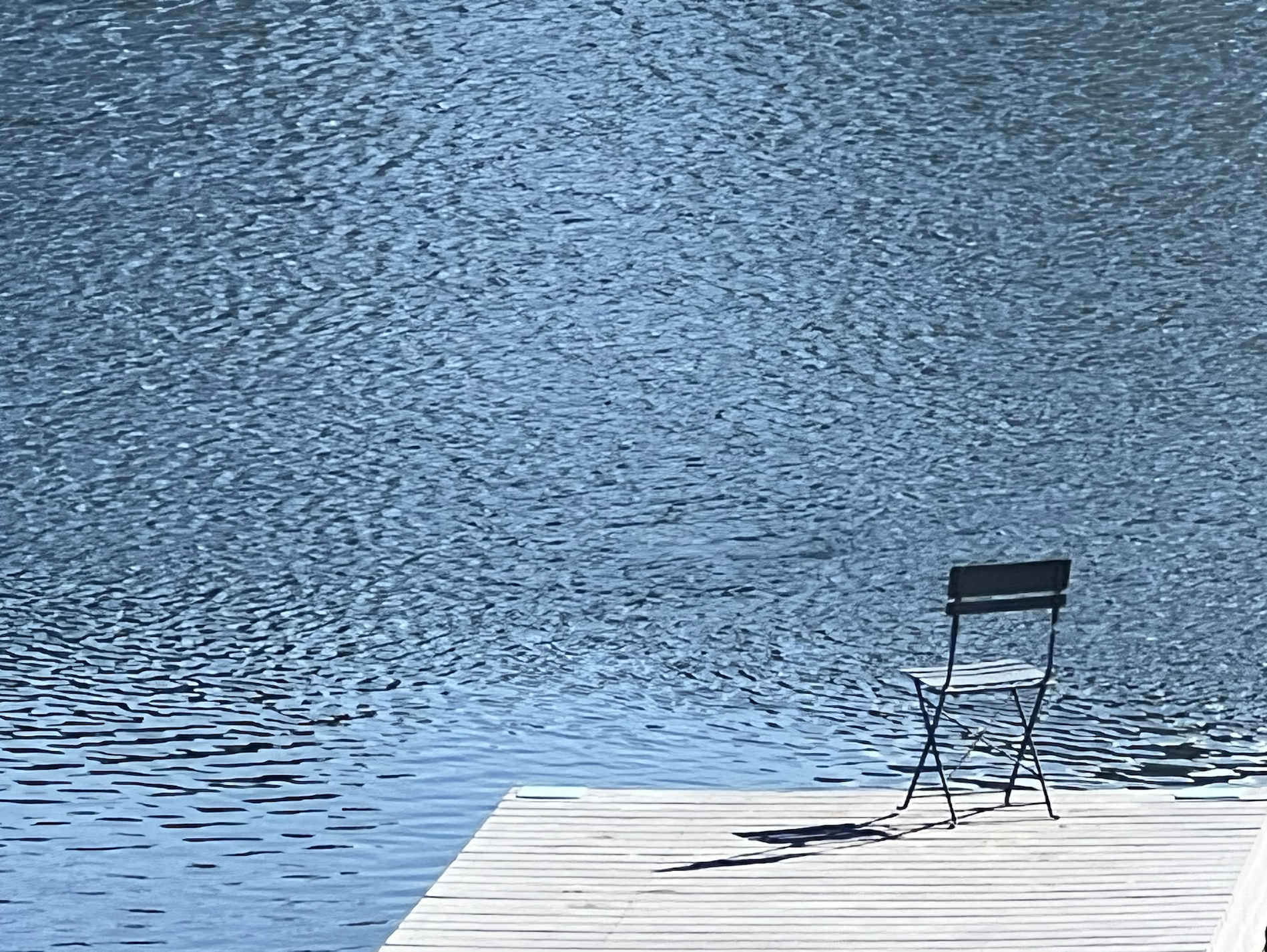QT is one of the gatherings that I most enjoy, the most recent of which was at my home last weekend. It’s a format with some key components woven in to a Friday through Sunday container. These include:
- A Good Hello — deep purpose and intimacy of sharing what brings each of us to the gathering.
- Welcoming Dreams — the subconscious
- Food and Cleaning Up Together — community
- Following What Has Attention — we are subjective beings that can follow simple doorways
- Roles — complexity of who we are
- Art — multiple mediums
- Ritual — the non-cerebral
- A Good Goodbye — deliberateness of tucking in.
QT’s meaning isn’t set in stone. But “Quality Time” is one of the meanings that I like most.
The above components already create a narrative. In one line, it is about “a container for friends to deliberately practice curiosity together.” If you need a “so what,” one of my favorites is “so that we can better make sense of individual and communal lives and some helpful steps or practices that grow out of that.” Peeks in to the inner world often have great impact on the projected outer world.
One layer deeper than this, beyond “one line” is something that became clear at this Utah QT gathering. It’s a kind of road map that I find myself invoking. It’s not so much of the concrete steps (turn right in 100 meters, then left at the first corner). It is more naming stages of a journey (areas to give attention to).
- Say Hello — It’s a simple, yet often overlooked principle. Hello is more that saying your name, though it includes that. It is more than a go around to say where you work, thought could include that too. Hello is layered. Who are you? Why did you choose to come? What interests you? Remember that regardless of what is shared, it will be incomplete. But also remember that “hello” isn’t just a “todo.” It’s a start to growing awareness of the incompleteness of anything we say, and thus the need for some further hello.
- As A Way of Saying Hello, Share What Is It Like To Be You — Oh, where to start. “What is it like to be you?” welcomes the subjective. There is no wrong answer in what you name. It’s exciting. It’s discouraging. It’s communal. It’s lonely. It’s dreadful. It’s delightful. The only requirement here is to speak what is honest for you. And to know that whatever subjective quality is shared, it is likely to be very broadly human. It is very likely something that most humans can appreciate, though perhaps, from different circumstances.
- As A Way of Sharing What It Is Like To Be You, Share What Has Your Attention — Now it is drilling down a bit, right. However, again, these are subjective responses. It could be the good cup of coffee that you had this morning. It could be last nights terrorism report. It could be your pending vacation. It could be the overload of todos you carry with you on a daily basis. If it has your attention, this is permission to give it some deliberate attention — not as distraction, but rather, as key cue to follow.
- As A Way of Sharing What Has Your Attention, Start With What Is In Front Of You — This is largely about permission. Most of us have pretty long lists of “shoulds” or “need toos.” Most of us feel some pressure (or wisdom) to prioritize. That’s good and fine. However, this principle of permission and freedom is a variant of “start anywhere; follow it everywhere” that I first learned from Myron Rogers in early Berkana days. It’s a premise of deep systemic integrity and perhaps even spiritual maturity.
- Say Goodbye — Just as it is for hello, goodbye is more that saying “see yah!” It’s more than a rush out the door to get to the next. Practiced curiosity may be running in the background most of the time — I’d like to recommend it. However, there are some times of more deliberate curiosity that get tucked in. It’s some witnessing. It’s some gratitude. It’s a kind of deliberateness, layered perhaps again, that is never complete. Just some good wishes for self and others to carry what matters to the next, and to let go of what won’t, where it is.
Definitely enjoyable. Definitely centering — this container and narrative. And I love the nuancing of steps in the narrative.



